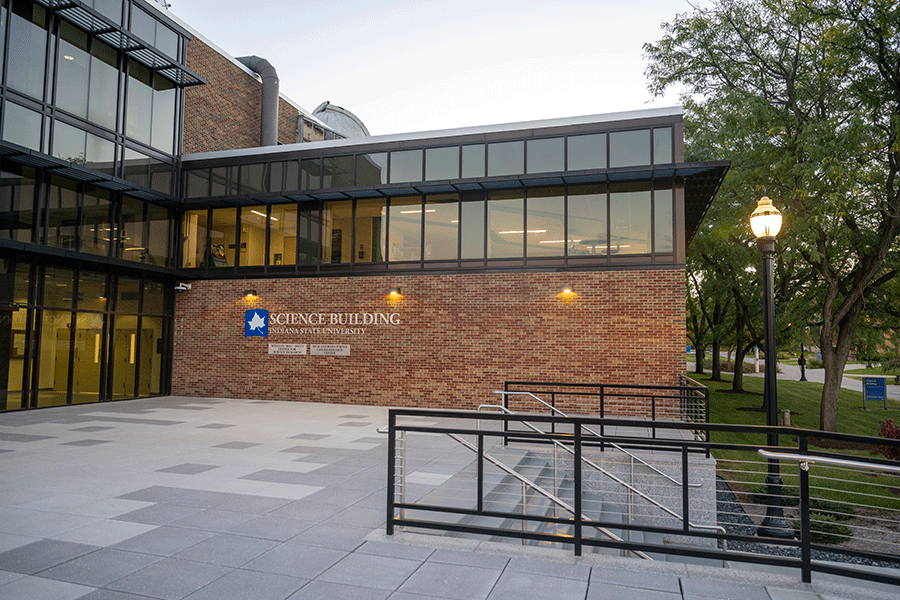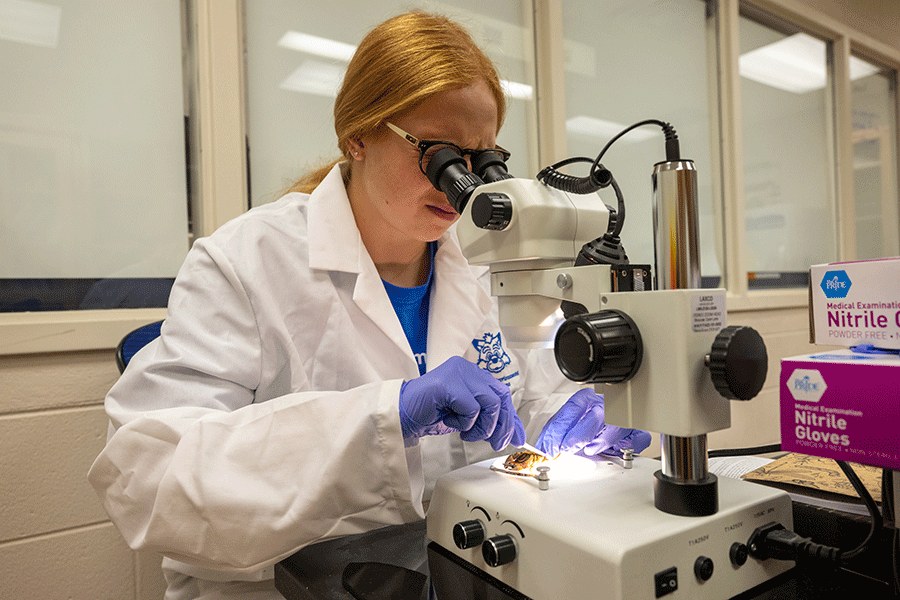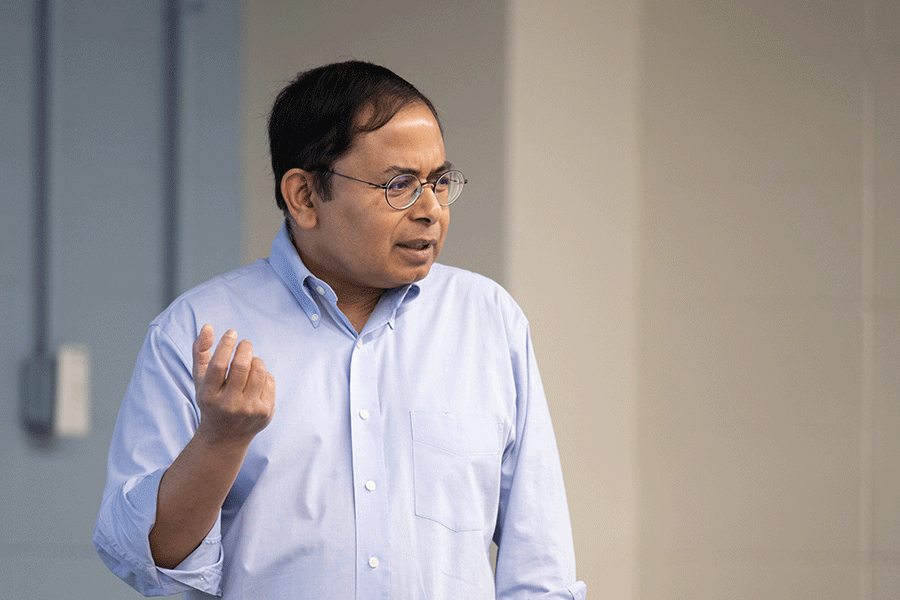Why Earn a Bachelor of Arts Degree in Biology at Indiana State?
A Bachelor of Arts degree in biology provides a broad, multi-disciplinary understanding of life science and life’s fundamental processes, including molecular biology, ecology and evolution, cellular and microbial biology, genetics, and more. As a biology major at Indiana State University, you will take core science classes combined with laboratory courses to learn more about whole organisms, entire ecosystems, gene therapy, climate change, biodiversity loss, biological cells, and other essential topics.
This BA program in biology is also appropriate for students who wish to combine another area of study—such as business, bioinformatics, computer programming, data science, environmental sciences, legal studies, or a related science—with a solid background in biology. The degree also benefits students in the Science Education Bachelor of Science program.
Study Organisms and Their Interactions
With today’s advances in research and technology, there is greater understanding than ever before about organisms and their interactions with each other and the environment. Indiana State University’s Bachelor of Arts in Biology provides a broad scientific education directed toward the molecular and cellular components of biology, genetics and genomics, microbiology, immunology, developmental biology, biotechnology, ecology, conservation, plant biology, and physiology. This program prepares students for careers in the biological, environmental, and medical sciences.
Laboratory classes, research projects, and field activities will enhance your learning experience in this program.
Learn from Our Excellent Faculty
Indiana State's instructors will work one-on-one with you, and they will encourage you to begin your research of biological sciences in your first year. Our small class sizes give you the chance to work with your professors as they help you conduct research that you may present at scientific meetings or see published in scientific journals.
Your instructors will also advise you to participate in other activities and organizations, including Indiana State’s chapter of the Tri-Beta Biology Honorary Society and the Fish and Wildlife Club.
Conduct Research in Our Labs
Our on-campus laboratory centers for biological sciences include the Center for Genomic Advocacy, with equipment for sequencing genomes; the Center for Bat Research, Outreach, and Conservation, which conducts research on bats and hosts public outreach programs; the Indiana University School of Medicine-Terre Haute, located on Indiana State’s campus; a greenhouse space, and other on-campus laboratory facilities that emphasize hands-on learning and research activity.
What You'll Learn in the Biology BA Program
The BA in biology provides a broad foundation in biological sciences. The degree combines fundamental topics in biology with content in medicine, bioinformatics, genomics, biotechnology, environmental and wildlife management, conservation, and other research. You can complete our biology bachelor of arts degree in four years of full-time study.
Specific courses include biological sciences and laboratory experiences in the principles of biology; cellular and microbial biology (with molecular biology); ecology and evolution; general physiology; and general genetics (with molecular biology). You will choose an area of emphasis for elective courses, selecting from: cellular and molecular biology; microbiology; molecular biology and biotechnology; organismal and conservation biology; physiology; human anatomy; and plant biology.
You may also complete classes for a healthcare professional concentration with courses that include: human anatomy; human physiology; pathophysiology; microbiology; cellular and molecular biology; immunology; embryology, and current issues in healthcare.
Most courses include a laboratory component. These range from basic chemistry through physiology and molecular techniques.
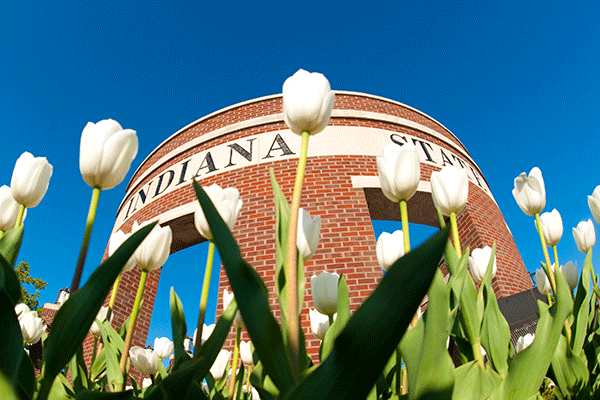
Transfer Credit
Indiana State University accepts credit from regionally accredited colleges and universities within the United States, and from selected schools located outside the United States. Credit also may be granted for military training and experience. Previously earned college credit can be applied toward completion of the program per Indiana State's transfer guidelines.
Transfer GuidelinesCareer Possibilities for Biology Majors
The Bachelor of Arts in Biology program prepares you for a variety of career options, including employment in government agencies, industry, medicine, research, teaching, or business. The program is excellent preparation for Science Education BS students to teach biology. Many of our graduates also continue their education in graduate or professional programs, including medicine, pharmacy, dentistry, optometry, or veterinary medicine.
Job demand in biology fields is growing. The Bureau of Labor Statistics projects fast growth rates in biology and life sciences occupations:

A Love for Plants
Indiana State University biology alumnus Spencer Limcaco, ’24, has always had an interest in agriculture and plants. He expanded his understanding of horticulture and plant biology through faculty-recommended internships and with on-campus learning opportunities in the Office of Sustainability. Now, Limcaco is pursuing a career in biotechnology engineering for agriculture.
Read Spencer Limcaco’s story.-
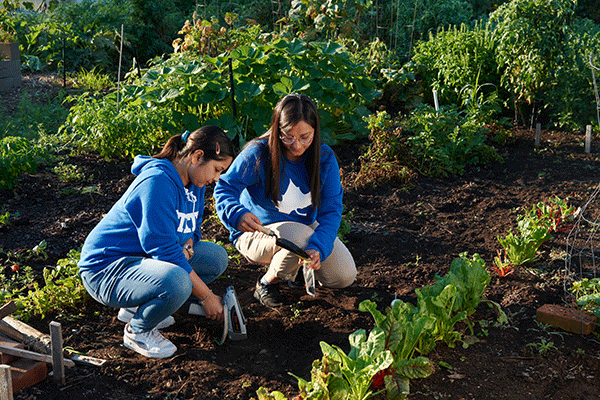
Biology (BS)
Bachelor's
-
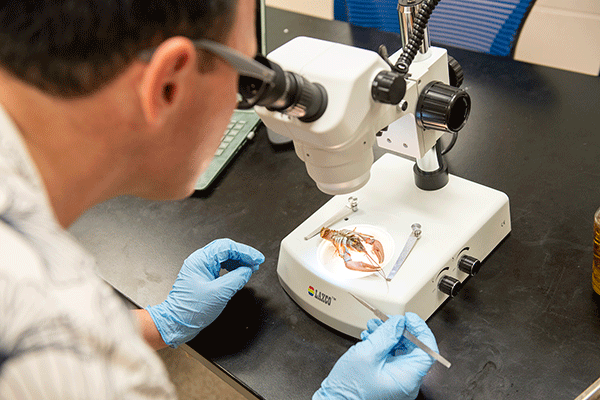
Biology with Medical Laboratory Science Specialization (BS)
Bachelor's
-
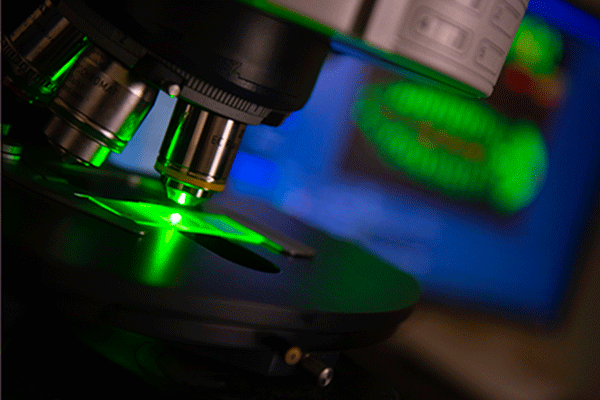
Science Education (BS)
Bachelor's
